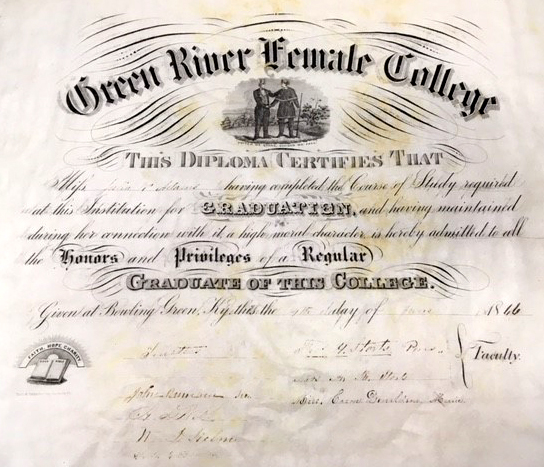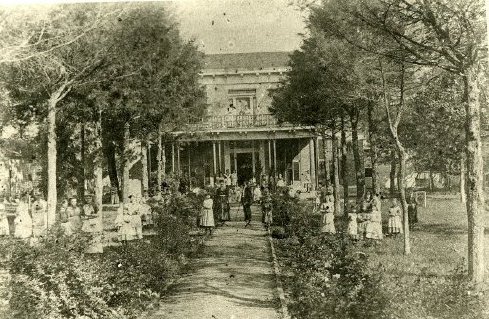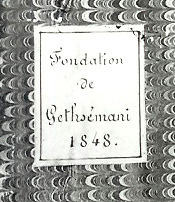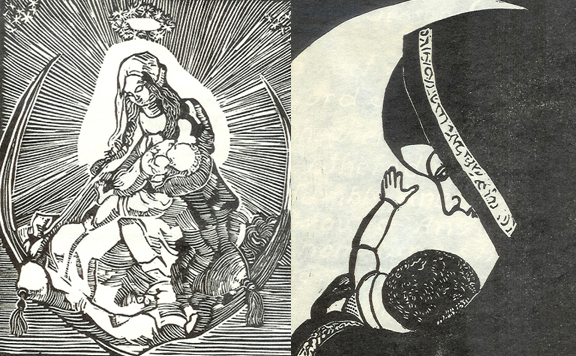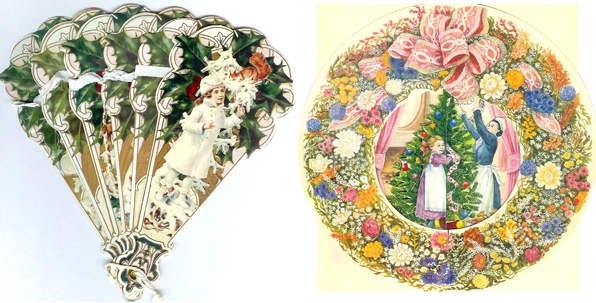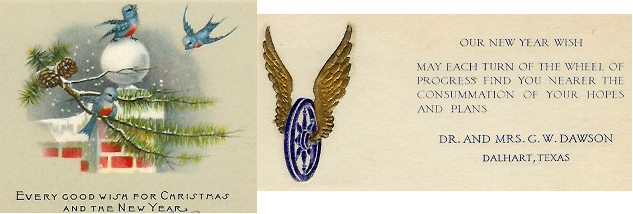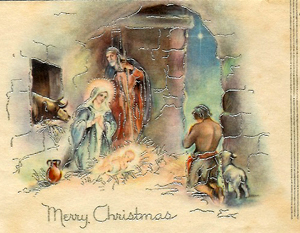For October’s Kentucky Archives Month and its theme of “education,” the Manuscripts & Folklife Archives section of WKU’s Department of Library Special Collections can boast of many collections documenting the work of teachers and schools in Kentucky. We hold materials relating to WKU faculty such as Marjorie Clagett, Nelle Travelstead and Arndt Stickles, as well as distinguished educational administrators (and WKU alumni) like Chester Travelstead. The classroom labors of many other teachers such as Erleen Joiner Rogers, Mary Woodrow Smith, Frances Hart and Dudley Whitmer are also represented in our collection.
We have previously blogged about several early schools in our area: Cedar Bluff College, Franklin Female College, Smiths Grove College and St. Columba Academy. A recent acquisition is an 1866 diploma from the Green River Female College of Bowling Green. The diploma certifies Julia Woodburn Adams as a “Regular Graduate of the College,” having completed its course of study and “maintained during her connection with it a high moral character.”
Green River Female College was the child of Baptist minister Thomas H. Storts. He initially held classes in a church basement, but after the Civil War he moved the school to a large house at 1253 State Street, where he and his small staff of teachers accepted both day and boarding students. Unfortunately, Storts struggled financially and lost the school in 1877, only a year after receiving a formal charter of incorporation. Then as now, education could be a costly endeavor for all involved. Storts’s struggle to collect tuition (and the creativity of methods used to pay) was evident in the forbearance he gave the family of Lida, Mary, and Maggie Calvert, sisters who attended early in the 1870s. Two years after they first enrolled, Storts had credited against his $308 account only $10 in cash and $28 worth of goods consisting of two counterpanes, two blankets and a set of silver spoons. Before marrying and embarking on a career as a successful author, Lida Calvert went to work for Storts as a teacher in order to retire her younger sisters’ indebtedness.
Click on the links to access finding aids for these collections. For more on schools, teachers and teaching, search TopSCHOLAR and KenCat.

